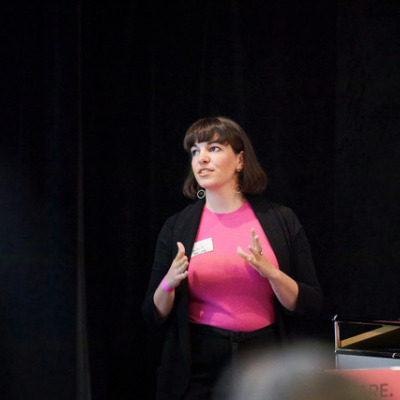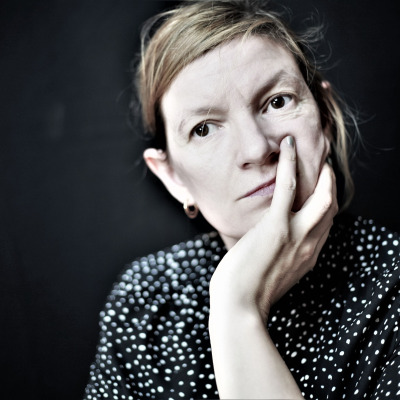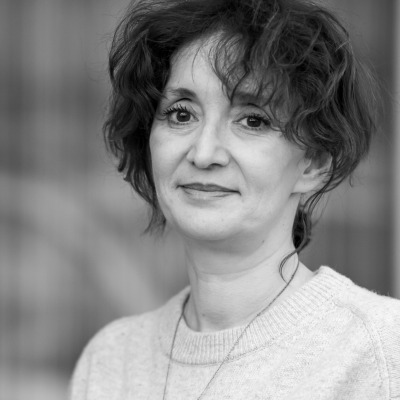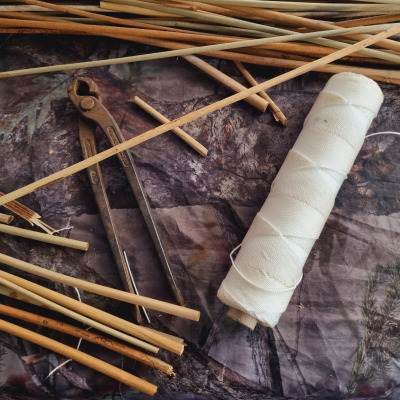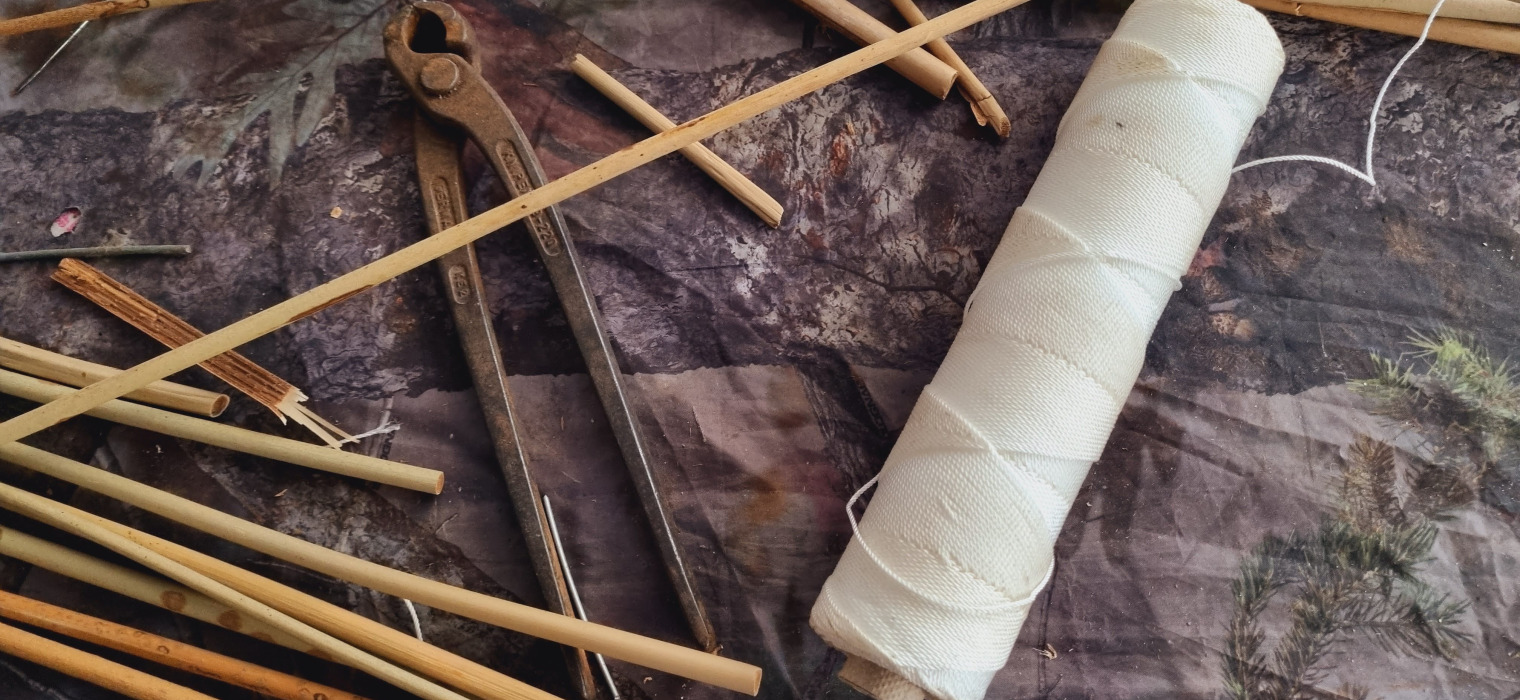
On Care (4th panel)
Isabel Carvalho
Sascia Bailer
Jasmina Husanović
Magdalena Buchczyk
moderated by Magdalena Buchczyk
In this panel, we will explore diverse perspectives on the concepts of care and concern. Artist Isabel Carvalho will emphasize the role of community as a space for integration, acceptance, and a sense of belonging. Together with her, we will reflect on ways to support this process. Alongside Professor Jasmina Husanović, we will analyse the connections between art, academic environment, and activism. Additionally, with Dr. Sascia Bailer, a feminist researcher, we will explore the relationship between curatorial care and promoting gender equality. Scholar Magda Buchczyk will explore the interplay between heritage practice and the contested ideas and practices of care by focusing on the specific case of Mediterranean wetlands.
Isabel Carvalho: We Care a Lot
The Leonorana magazine and maat extended (the content platform of maat – the Museum of Art, Architecture and Technology, located in Lisbon, Portugal) collaborated to organise a series of conversations that underscored the significance of prioritising mental health care in the context of contemporary culture. Departing from the paradigm of individual-focused care, the discussions highlighted the role of communities as spaces for integration, acceptance, and a sense of belonging. These conversations resulted in dialogues featuring multiple voices, showcasing communal experiences of mutual support, and positive interdependencies within the cultural and artistic sphere. Originally published online, they are soon to be presented in a printed version in Leonorana 7, titled We Care a Lot (named after a song by the North American band Faith No More), scheduled for release in May.
In this presentation, Isabel Carvalho proposes to expose the editorial process as guided by affection, curiosity, shared principles, with the collaboration of participants from various backgrounds, including queer activism, advocacy for safe drug consumption, philosophy, curatorial practice, etc. These contributors collectively demonstrate their conviction in alternative approaches to institutional mental health care, popularising the benefits of shared experiences.
Sascia Bailer: Care for Caregivers: Feminist Propositions Towards Gender Equality in the Arts
This lecture delves into the complexities of gender inequality within the arts, with a specific focus on how caring responsibilities exacerbate existing disparities in the sector. Through an exploration of curatorial practice and its etymological roots in care, the talk uncovers the intrinsic relationship between curatorial care and fostering gender equality. Drawing from Sascia Bailer’s curatorial practice-based examples, she highlights the transformative potential of curatorial care in supporting artists and cultural workers grappling with caring responsibilities (‘care for caregivers’). By introducing her notion of ‘caring infrastructures’, Bailer shares feminist propositions for curatorial care which includes actionable strategies for promoting a more just and inclusive art sector. This lecture offers a critical examination of the intersections between gender, caregiving, and curatorial practice, ultimately advocating for counter-hegemonic steps towards dismantling gendered inequalities within the arts.
Dr Sascia Bailer is a feminist researcher, writer, and curator working at the intersection of care, gender, and socially engaged art. In her doctoral dissertation, she investigated the ambivalent relationship between curating and care, and formulated propositions towards caring infrastructures within the arts. In 2019/2020 she initiated a participatory curatorial programme dealing with care as the Artistic Director of M.1 Arthur Boskamp-Stiftung in rural Northern Germany. Together with Didem Yazici, she curated the exhibition “Mothers*, Warriors, and Poets: Care as Resistance” (2023) at StadtPalais Stuttgart. She is the author of the article “Care for Caregivers: Curating against the Care Crisis” (inCurating with Care, Routledge, 2023) and of the booklet Curating, Care, and Corona (Verlag der Arthur Boskamp Stiftung, 2020). She co-edited the anthology Letters to Joan (2020, HKW) and the artist’s monograph.
Jasmina Husanović
Husanović’s presentation will address the issue of material or affective infrastructure which weaves together eco-socialist and ecofeminist imaginaries at the interstices between cultural production, social activism, and knowledge production in Bosnia and Herzegovina. Her focus is on the question of emancipatory politics in the context of governance of trauma and poverty, tracing the politics of care within the triad between art, academia, and activism. Husanović frames this complex issue in terms of rethinking the knots between time and labour, care and effect, when it comes to resisting the symptoms of alienation, privatisation, extraction, and exploitation. In order to demonstrate the challenges for agents concerned with environmental justice today in the context of neocolonial and neoliberal regimes operative in Bosnia and Herzegovina, Jasmina Husanović analyses the creative practices of the ecofeminist platform of action EKOFEM BiH, which encompasses grassroots mobilisation of actors weaving together social and ecological justice, critical pedagogy, and participatory action research (led by the question of “how we work together” and materialise “community as academia”), and art production for the social and public good. The central concern is with the infrastructure necessary for political protest and social change universally, and how these questions are actively engaged within the Bosnian and Herzegovinian context.
Magdalena Buchczyk: Wetland Kinship and Its Discontents
This presentation explores heritage practices as forms of environmental kinship and sisterhood beyond fortress conservation. Drawing on anthropological research with a collection of material culture acquired in the Mediterranean wetlands, it examines a tradition under threat from climate change entangled in different claims on sustainability. The artisans harvesting plants for the making of the objects – woven baskets – consider themselves the caretakers and gardeners of the lagoons. However, the threat of climate change leads to new environmental policies restricting their access to the waterscapes. In the Ramsar site conservation agenda, traditional makers are increasingly seen as illicitly depleting the natural resources protecting the lagoon from erosion.
The paper considers notions of multispecies, relationality, and kin-making that emerge from material practice. It asks what this perspective can offer to the development of new ways of living with and managing relations with the environment. Weaving appears not simply as a heritage activity but as a practice of making pathways to sustainable futures otherwise.
